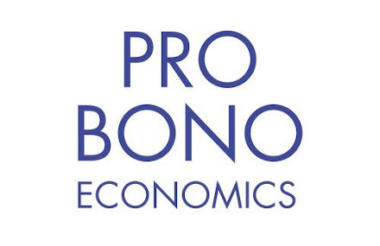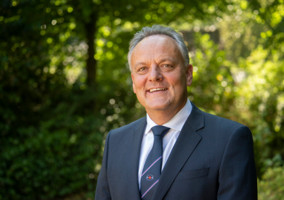The richest people in the UK have given less to charity in the last decade even though their incomes have risen, research has found.
Pro Bono Economics (PBE) found that typical donations by the country’s top 1% earners dropped by 21% in real terms between 2011-12 and 2018-19, while their annual incomes rose by around 10% during the same period.
Charities are losing out on an estimated £2bn a year as a result, according to the research report Mind the Giving Gap, which was published this week.
The report argues that reforms to philanthropy could eventually raise an additional £3bn in total for the charity sector every year. It says the government should consider creating a philanthropy commissioner to coordinate work between individuals, charities and Whitehall.
The research is part of the Law Family Commission on Civil Society.
Missing out on billions
PBE estimates that the 1% highest earners in the country contribute £950m to charities every year, but argue that “there’s capacity for many top earners to be doing more”.
The report says: “The typical (median) income of someone in the top 1% of earners grew by 10% in real terms between 2011-12 and 2018-19, from £247,000 to £271,000.
“Yet over the same period, the typical donation made by top earners fell by over 20% and now sits at just £48 a month. And overall, the total annual income of the top 1% of earners was 22% higher in real terms in 2018-19 than in 2011-12, but total donations by this group fell by 7% over the same period.”
If giving had been maintained at 2011-12 levels, including through Gift Aid, charities would have received £2.1bn more during the next seven years, the report says.
Advice for charities
The report suggested a number of ways charities and wider civil society can access the “potential prize” of unlocking these additional donations.
It said that charities may have become too reliant on an existing pool of the wealthiest donors, arguing: “Changes in fundraising tactics over the time that giving gaps have widened are thought to play a role, with the combination of better data and stricter rules around fundraising and data protection meaning fundraisers are more likely to target existing high-value donors, rather than find new ones.”
PBE also said that charities could work to address “a lack of faith” in the sector among potential donors, which remained a barrier to giving.
Charities should also invest in training and skills for their fundraisers, the report said, and should make sure they keep up with the latest innovations in giving methods.
This would include looking at “non-cash fundraising tools such as blockchain, cryptocurrencies and nonfungible tokens [as they] start to emerge more fully as a new potential route to resources for charities. Other relatively new ideas, such as Giving Circles, could also be scaled”.
Advice for government
The government should consider reforming Gift Aid to encourage greater take up, according to the report, and could create the role of philanthropy commissioner through which an expert in the Treasury or Cabinet Office could “promote and enhance philanthropy in the UK”.
It said that appointing local philanthropy champions “could also significantly influence giving, particularly in areas where civil society is weakest.
“For example, every metro mayor could nominate a philanthropy champion, drawn from civic society, responsible for encouraging giving by their peers, the business community, and wealthy individuals who grew up in their area”.
Charities need help from ‘those with the deepest pockets’
Gus O’Donnell, one of PBE’s founders and now chair of the Law Family Commission on Civil Society, said that the paper “shows that those with the deepest pockets can afford to reach a little further. Among the top 1% in Britain, there is a generosity gap between a handful who give very significant amounts and the majority who give substantially less.
“The Commission is calling for a collaborative effort between philanthropists, the government, business and the charity sector to help close this gap.
“There is a leadership role for the government in this. We support proposals for a government-appointed philanthropy commissioner to drive this agenda and would like to see a lead civil servant in the Treasury devoted to philanthropy. At a local level, the nomination of philanthropy champions working with metro mayors could help to ensure philanthropy is directed to the communities that need it the most”.
The report was accompanied by a series of essays on philanthropy by charity sector leaders, also published by PBE.
Related news












